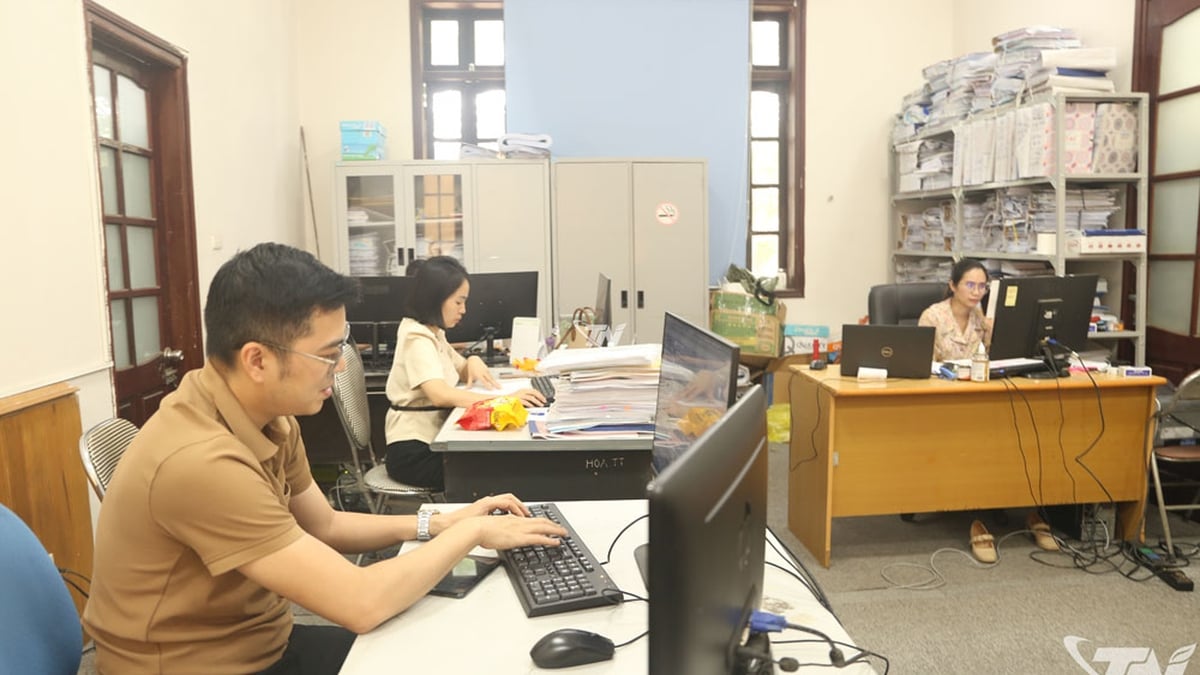According to CNBC , in 2012, Sam Dogen became financially independent and retired early at the age of 34. Before that, he spent 13 years working at financial institutions such as Goldman Sachs and Credit Suisse.
The key to success, says Sam Dogen, is to move from fear to strategic thinking by tightening spending, increasing cash reserves, diversifying income streams and investing for the long term.
With preparation, patience, and vision, you can survive a recession and become a launching pad for long-term financial growth.

Do it yourself to save money
Inflation causes prices to rise, so it is important to save money. You can fix broken things in your home yourself, and stock up on essentials before prices go up.
If you have a car, you should maintain parts such as brakes, tires, belts, batteries, etc. yourself. When the car is out of warranty, car repairs can be costly.
Similarly, if your roof, windows, or appliances are about to fail, consider replacing them while prices are still manageable.
Don't forget about your health. Schedule any necessary checkups or procedures before your insurance premiums and medical costs increase.
Reserve living expenses for 6-12 months
During a recession, having cash on hand can provide security and peace of mind.
To ensure living expenses for 6-12 months, save the rest in the bank to get interest and easy withdrawal when needed.
This way, if you lose your job or incur an emergency expense, you have a financial cushion that isn't affected by the unpredictability of the stock market.
You won't have to worry about being forced to sell stocks or other investments when the market drops.
Determine short-term and long-term investment goals
Your time horizon affects your risk tolerance. If you are investing for a 20-year retirement, stick with the plan.
If you need cash within two years for a home, college tuition, a business, or retirement, you might consider moving into more liquid and defensive assets, such as 3-month bonds, short-term Treasury bond ETFs, etc.
Think further about your career
In times of economic downturn and career uncertainty, the best defense is to know your strengths and values.
If you have transferable skills, consider looking for opportunities in more stable industries or companies.
It's always easier to get a job while you're working. If you get fired, make sure you negotiate a severance package.
Invest time in expertise to improve your skills.
Earn extra income
Relying on just one salary is risky, especially in a recession. Consider building as many streams of income as possible.
You can find additional sources of income from renting, stock dividends, bonds, doing extra jobs like Grab driving, delivery or teaching.
Source: https://vietnamnet.vn/nghi-huu-o-tuoi-34-voi-3-trieu-usd-chuyen-gia-bat-mi-nhung-dieu-can-lam-ngay-2396789.html





































































































Comment (0)